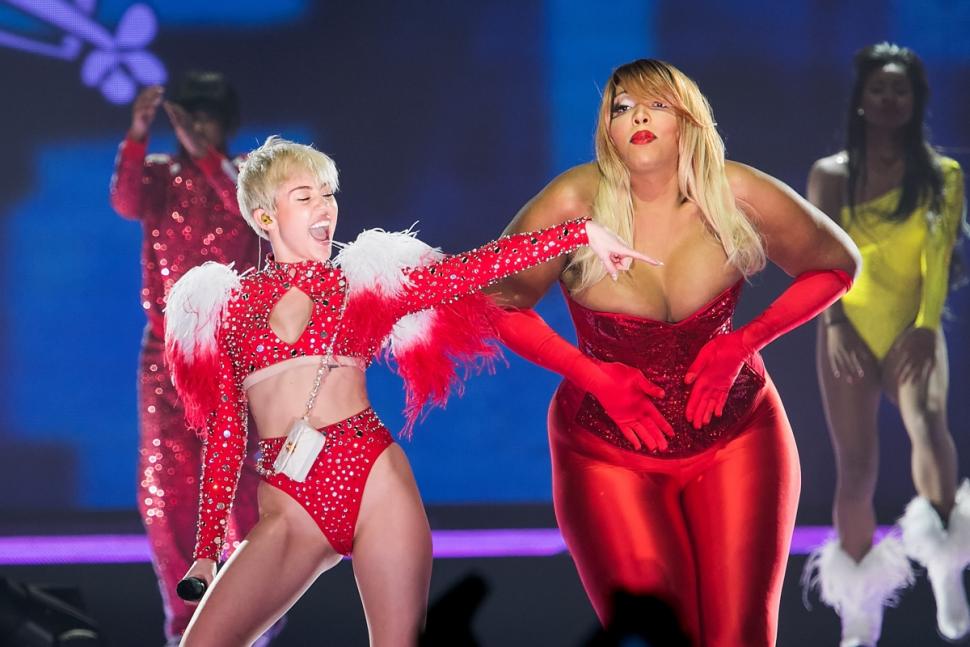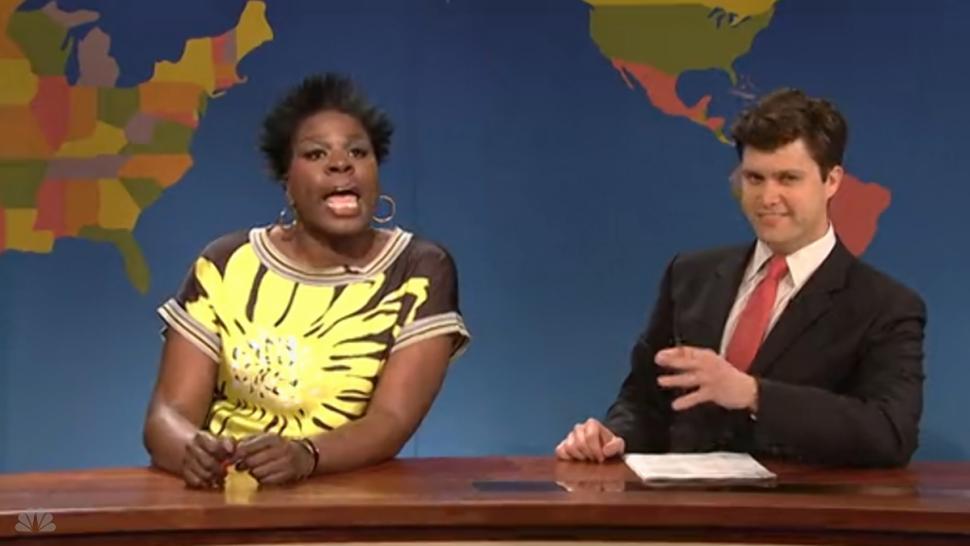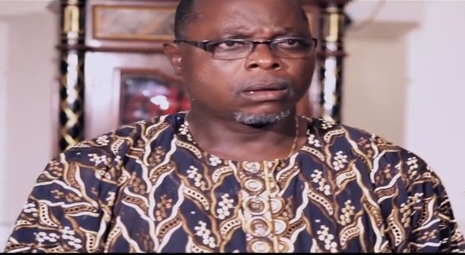Tweet puts Allen back in harsh light
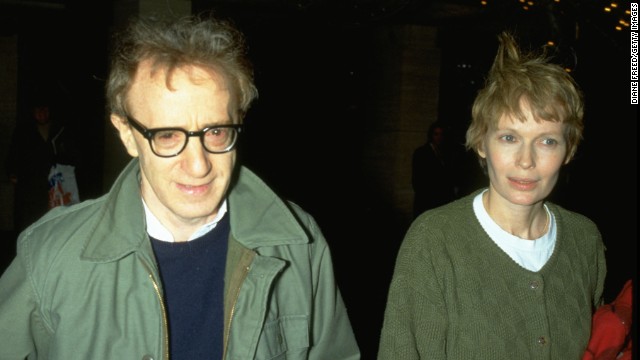
- Ronan Farrow tweet during Golden Globes brings up Woody Allen scandal
- In early ’90s, Allen had affair with Mia Farrow’s daughter
- Allen has generally stuck to his work and ignored criticism
- Scandal also came up in November Vanity Fair story
(CNN) — Ronan Farrow has reopened a can of worms Woody Allen probably would have just as soon kept sealed.
In addition to a speech by Diane Keaton, a frequent Allen co-star, a Golden Globes tribute Sunday night featured a short film of Allen’s greatest hits. But the film was missing one thing, tweeted Farrow.
“Missed the Woody Allen tribute,” he wrote, “did they put the part where a woman publicly confirmed he molested her at age 7 before or after Annie Hall?”
Ronan Farrow disses Woody Allen’s Golden Globes tribute
(Allen wasn’t at the Globes; he’s known for avoiding awards shows, for many years skipping the Oscars to keep a regular musical gig at a New York jazz club.)
The tweet once again exposes one of the darkest episodes of Allen’s life — one that had seemingly vanished from the headlines in recent years, as the filmmaker’s career has been revitalized by a series of well-reviewed, award-winning films, including “Match Point” and “Midnight in Paris.”
In 1992, in the wake of an affair between Allen and Soon-Yi Previn — Farrow’s adopted daughter with composer Andre Previn — the filmmaker was accused by Farrow of molesting their young daughter Dylan. A court found the accusations inconclusive, but the scandal permanently damaged Allen’s image — that of a neurotic, but amusing schlub with a talent for slapstick and witty one-liners.
Legacy of a scandal
Indeed, until the scandal hit, Allen was generally received warmly by the general public, even if his New York-centric, sometimes thorny comedies appealed only to a fairly narrow audience. (As a seemingly autobiographical line in 1980’s “Stardust Memories” pointed out, the public tended to like his “earlier, funnier movies.”)
He was easily caricatured — not least by himself, since he always maintained his screen persona was just that, a persona — and was even the subject of a comic strip for several years.
Allen responded to the scandal by denying the Dylan accusations and saying that his relationship with Mia Farrow, which had been painted in storybook colors by the press, was not actually all that strong. As usual, he immersed himself in his work, maintaining his movie-per-year schedule and generally avoiding the limelight. Some of his mid-’90s movies, notably “Deconstructing Harry” and “Celebrity,” were unpleasantly acidic views of public life.
He did marry Soon-Yi Previn in 1997, and after the marriage came a slightly more public Woody Allen. The couple was the focus of a 1997 Barbara Kopple documentary, “Wild Man Blues,” which portrayed a generally happy pair. Allen was also the subject of a 2011 Robert Weide film, “Woody Allen: A Documentary,” which briskly addressed Farrow’s allegations from Allen’s point of view.
However, the scandal has always been near the surface, and this is the second time in recent months that it’s made a forthright appearance. In a November Vanity Fair article, Allen was condemned by Mia Farrow’s children, especially Dylan, who has since changed her name.
“I’m scared of him, his image,” Dylan told writer Maureen Orth. Another child, Fletcher Previn, told Orth he had removed Allen’s image from both family photos and videos.
Ronan Farrow’s point
And Sunday’s tweet isn’t the first time Ronan Farrow has aimed a poison pixel at Allen.
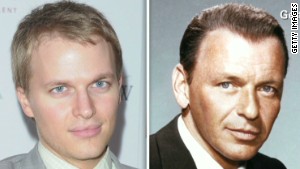 Sinatra ‘possibly’ fathered Ronan Farrow
Sinatra ‘possibly’ fathered Ronan Farrow
“Happy father’s day — or as they call it in my family, happy brother-in-law’s day,” he tweeted last June, referring to the Soon-Yi affair.
But publicist Howard Bragman, vice-chair of Reputation.com, doesn’t think Allen will be hurt.
“I don’t think we can expect a lot of traction on this thing,” he said. “If this was a guy who was spending a lot of time getting press for himself, it might bite him in the ass. But he’s not investing his time in (publicity) — he’s a filmmaker.”
Ronan Farrow also comes out ahead. He recently signed a deal with MSNBC for a talk show, so the publicity will keep his name in the headlines, said Bragman.
“He’s clearly his mother’s son — she’s made her point of view known on this — and he’s also got a new forum in terms of a TV show, so this does him good in terms of attention,” he said.
Ronan talks Allen, Sinatra
Allen generally doesn’t comment to the press, but in a 1992 “60 Minutes” interview, he said that allegations he abused Dylan were “insane.”
Woody Allen’s lawyer Elkan Abramowitz said in the November Vanity Fair article that Allen still denies the allegations.
An e-mail to Woody Allen’s representative requesting comment on recent events wasn’t immediately returned on Monday.
A forgiving town
Hollywood is a forgiving town — even for a defiantly un-Hollywood type like Woody Allen.
Roman Polanski, who fled to Europe in 1977 after pleading guilty to unlawful sex with a minor, won a best director Oscar for 2002’s “The Pianist.” In 1951, producer Walter Wanger shot and wounded his wife’s agent, believing an affair was going on; he served four months and went back to producing, including “Invasion of the Body Snatchers.”
Countless other stars have engaged in sordid behavior and paid no price worse than public disapproval. For their supporters, it’s the art, not the artist.
“It’s a complicated question, made even more so by the idiosyncratic relationship between each artist’s body of work and personality,” wrote Amanda Marcotte in Slate.
Allen has maintained the art wins out.
“All the success over it or the rejection, none of that really matters because in the end, the thing will survive or not survive on its merits,” said Keaton in her speech, quoting Allen.
Still, for Allen, known for his jokes and aphorisms — “I don’t want to achieve immortality through my work. I want to achieve it through not dying,” goes one of the best known — it’s perhaps ironic that one particular quotation attached to the scandal may end up the squirmy centerpiece of his biography.
Interviewed by Time magazine in 1992 about the Soon-Yi affair, he leaned (perhaps unawares) on an Emily Dickinson line. “The heart,” he said, “wants what it wants.”
But even more striking, given the filmmaker’s lack of concern for public opinion, is the original line, which is taken from an 1862 Dickinson letter.
“The heart wants what it wants,” Dickinson wrote. “Or else it does not care.”
![]()
Source: CNN


